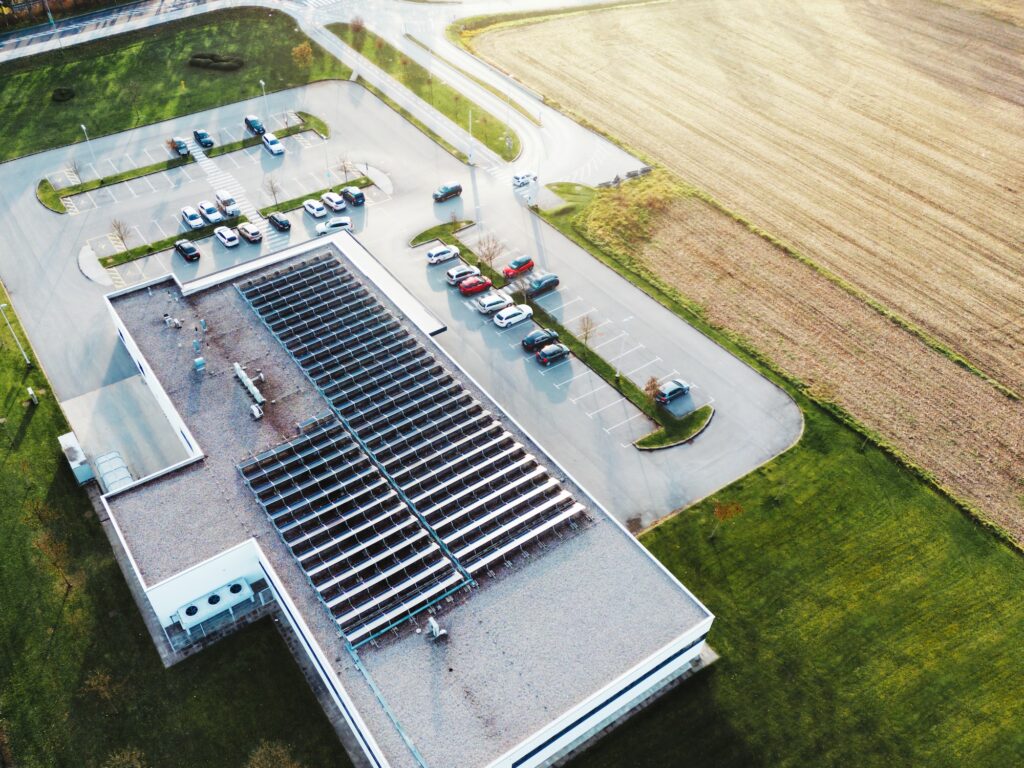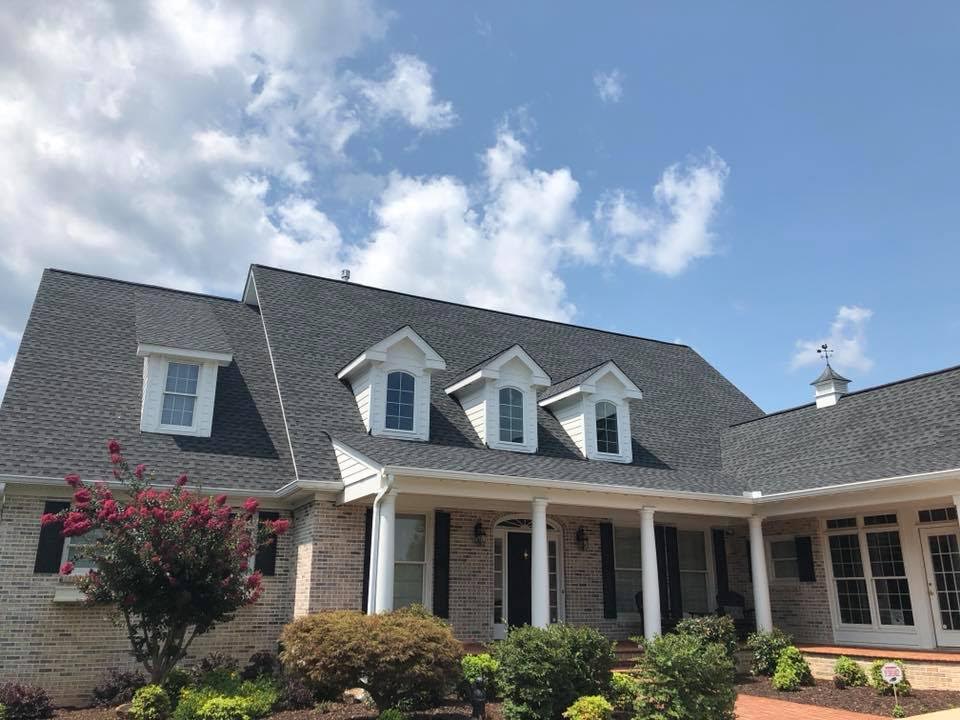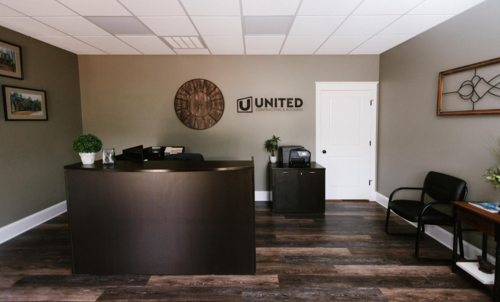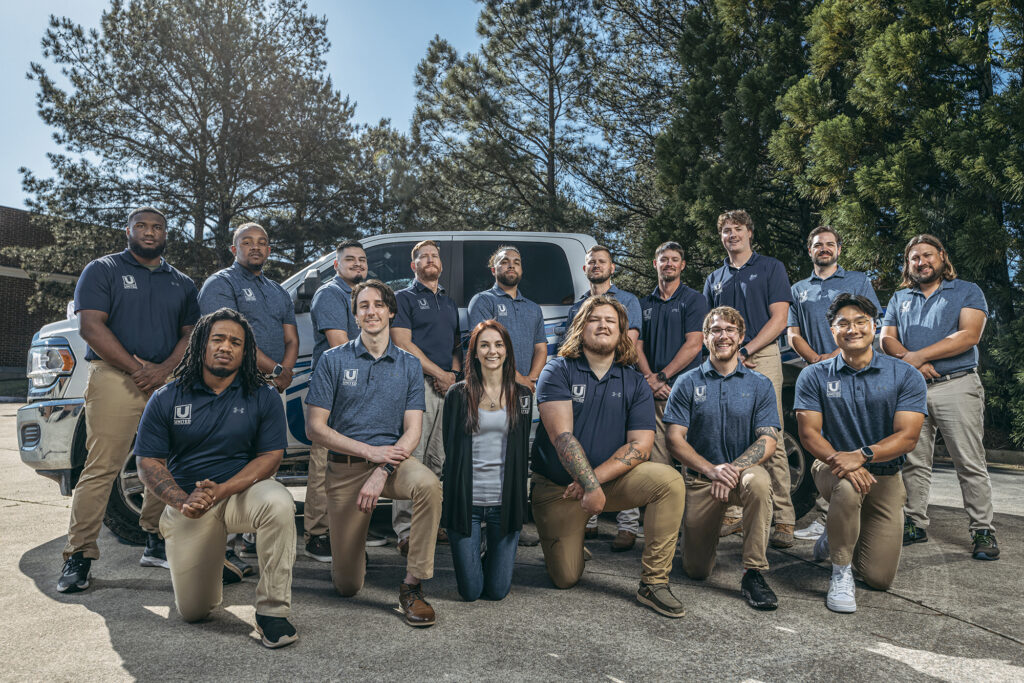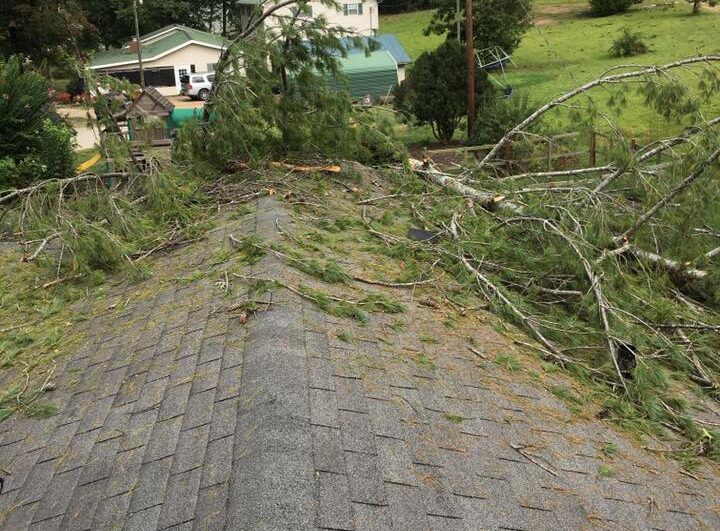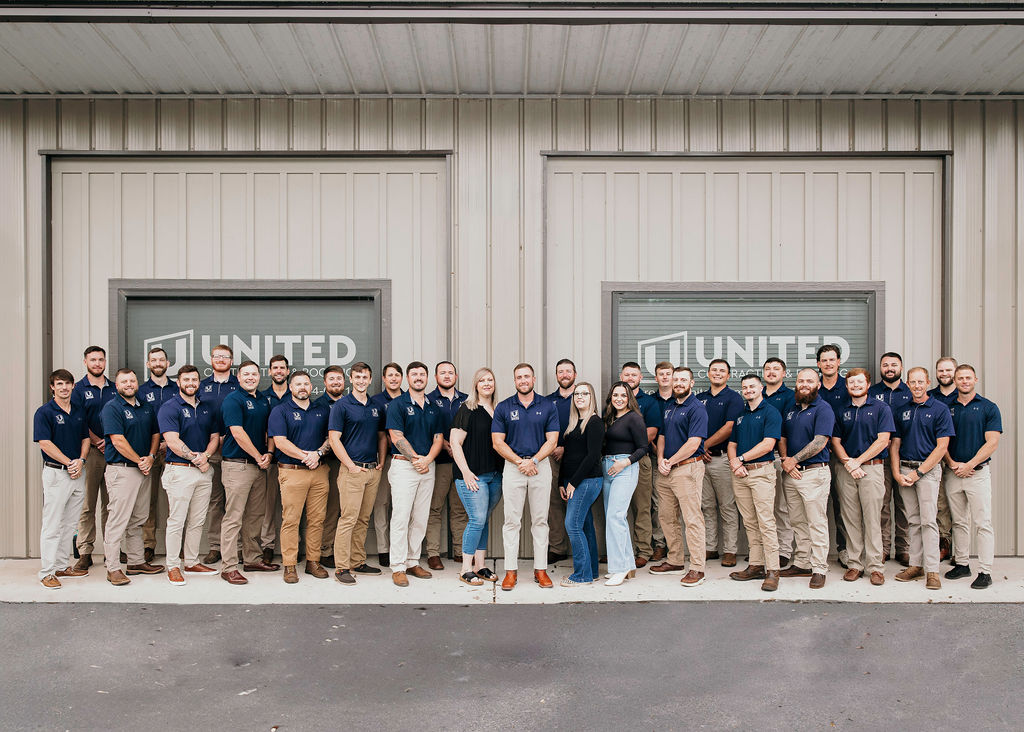Inclement weather can significantly disrupt roofing projects, causing delays and potentially damaging the new roof. United Contracting & Roofing LLC in Greenville, SC, offers insights into how to manage roofing projects effectively when faced with adverse weather conditions.
Understanding the Contract
Before starting any roofing project, review the contract thoroughly to ensure all potential circumstances, including inclement weather, are covered. Make sure the contract clearly states who is responsible for any damage caused by weather during the installation. Additionally, confirm that worker injuries due to weather are covered by the company’s insurance. If the company lacks adequate insurance, consider finding another contractor.
Preparing for Inclement Weather
Ask your roofer about their preparations for sudden inclement weather and the precautions they take. A reputable contractor will have a detailed plan in place to handle unexpected weather changes. If you are uncomfortable with their preparations, discuss your concerns with them. A trustworthy contractor will be willing to address your concerns and adjust their plans accordingly.
Managing Extreme Heat
While heat may not directly threaten your roof, it poses a health risk to workers. In cases of extreme heat, roofing projects should be suspended to ensure worker safety. Check your local weather service for the heat index and verify the contractor’s guidelines for a maximum safe heat index. Ensure your contract includes explicit guidelines about employee safety to avoid liability for heat-related injuries.
Dealing with Weather-Related Delays
Extreme weather conditions can prolong roofing projects. For example, after rain, roofers must wait for all moisture to dry before attaching and sealing materials correctly. This precaution prevents further damage and ensures proper installation. Understand that delays due to weather are necessary for quality work and the long-term durability of your roof. Working on a wet or damp surface can compromise the integrity of roofing materials, leading to potential leaks and structural issues down the line.
Additionally, ensuring a dry surface allows adhesives and sealants to bond properly, providing a more secure and effective roofing system. These weather-related delays, though inconvenient, ultimately contribute to the overall success and longevity of your roofing project. Patience and understanding in these situations help ensure your roof is installed to the highest standards, offering better protection and performance over time.
Manufacturer’s Warranty Coverage
Review the manufacturer’s warranty to understand what it covers. Typically, warranties cover only the materials, not the installation. If the roofer works in the rain and damages a tile or board, you may need to replace it unless the warranty specifies otherwise. Discuss any concerns about material replacement costs with your roofer to avoid unexpected expenses.
Conclusion
Managing roofing projects during inclement weather requires thorough preparation and clear communication with your contractor. Understanding the contract, ensuring worker safety, and addressing potential delays are crucial for successful project completion. For expert roofing services and reliable weather management plans, contact United Contracting & Roofing LLC. Their experienced team ensures quality service and durable roofing solutions.If you want to know more about How to Avoid Roofing Scams and Rip-Offs, click here.

